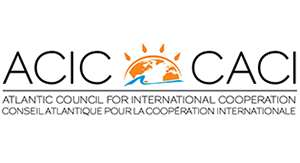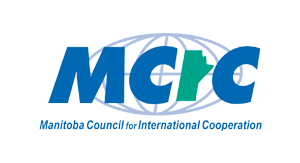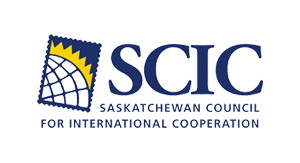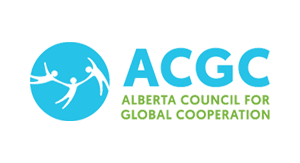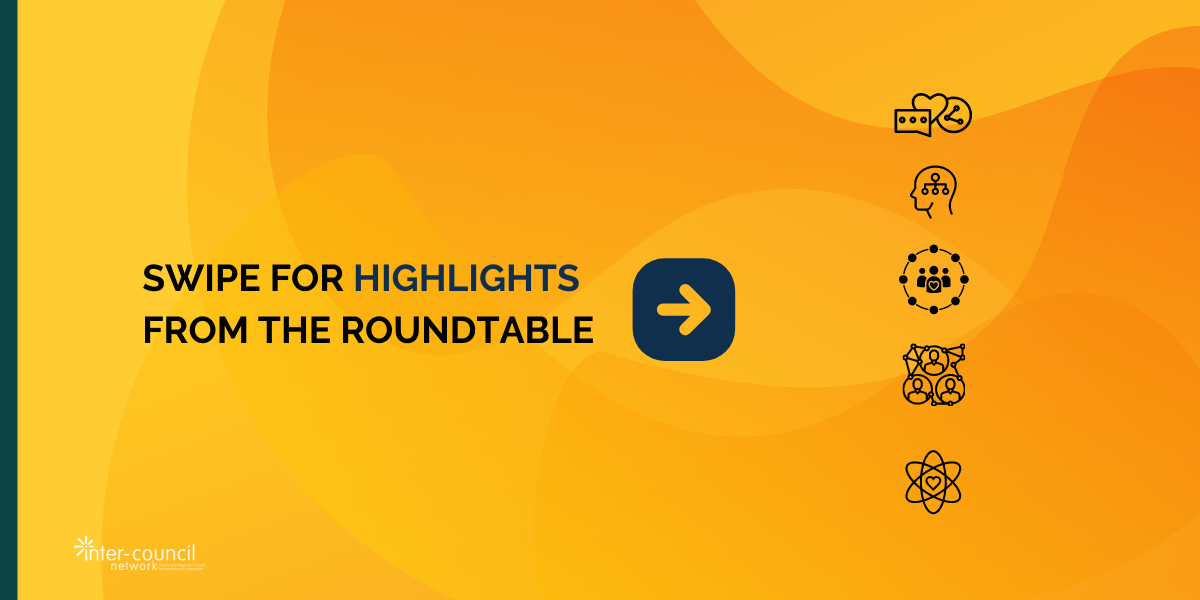
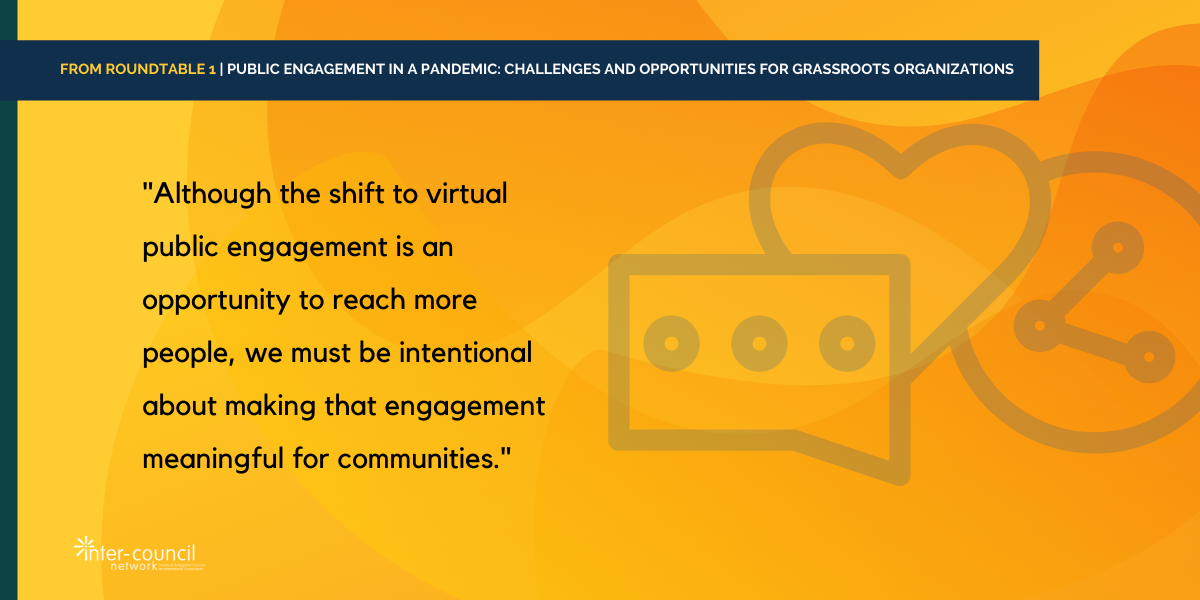
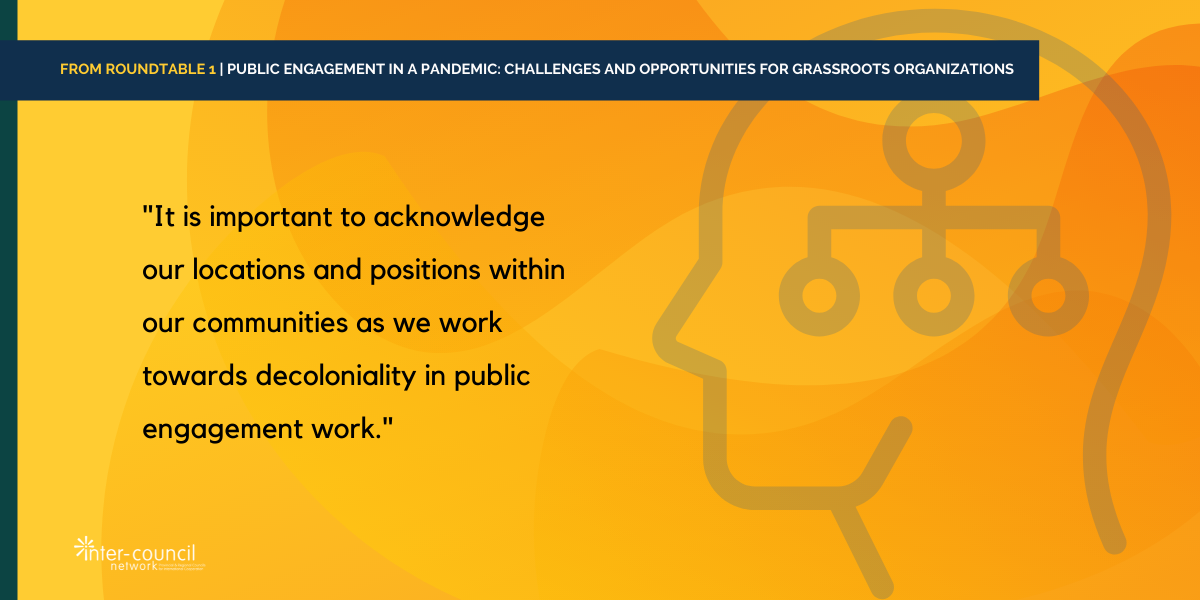
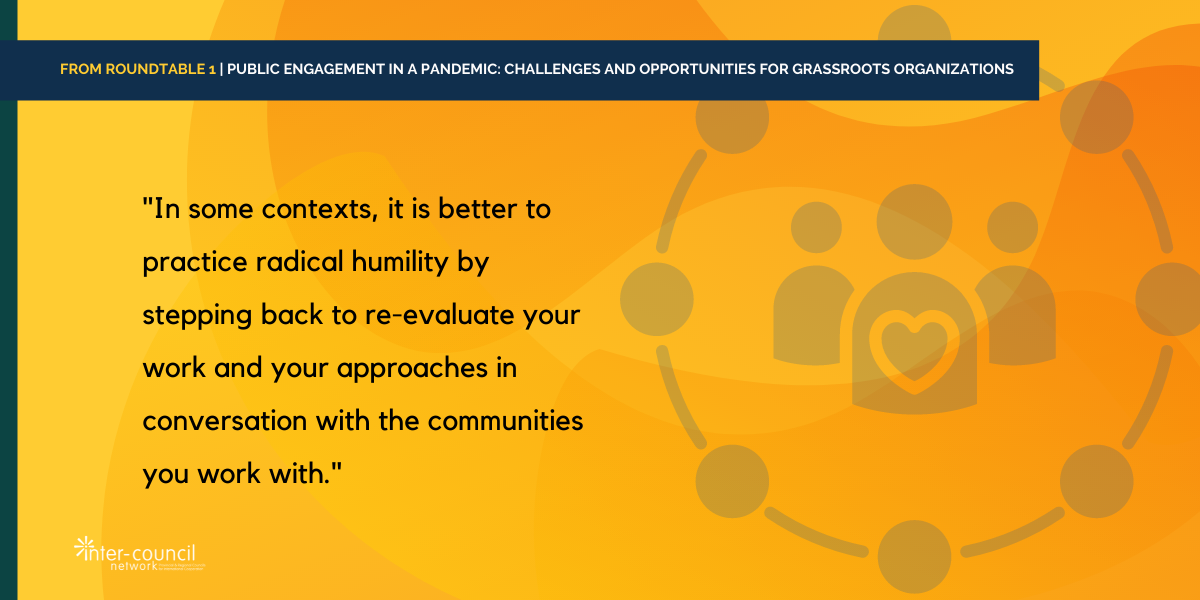
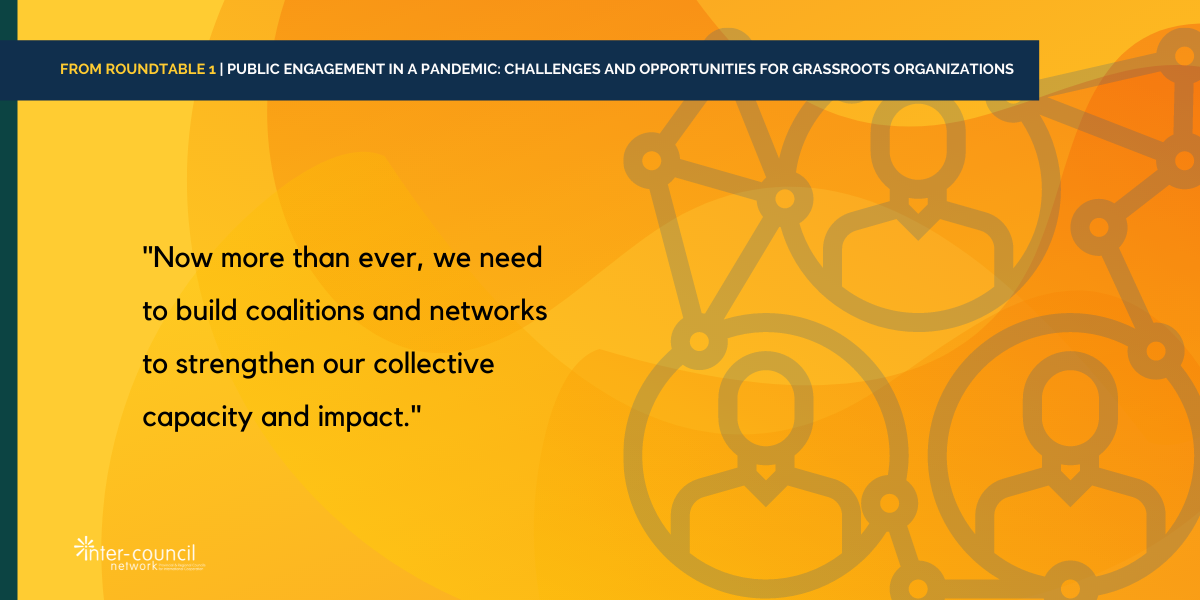
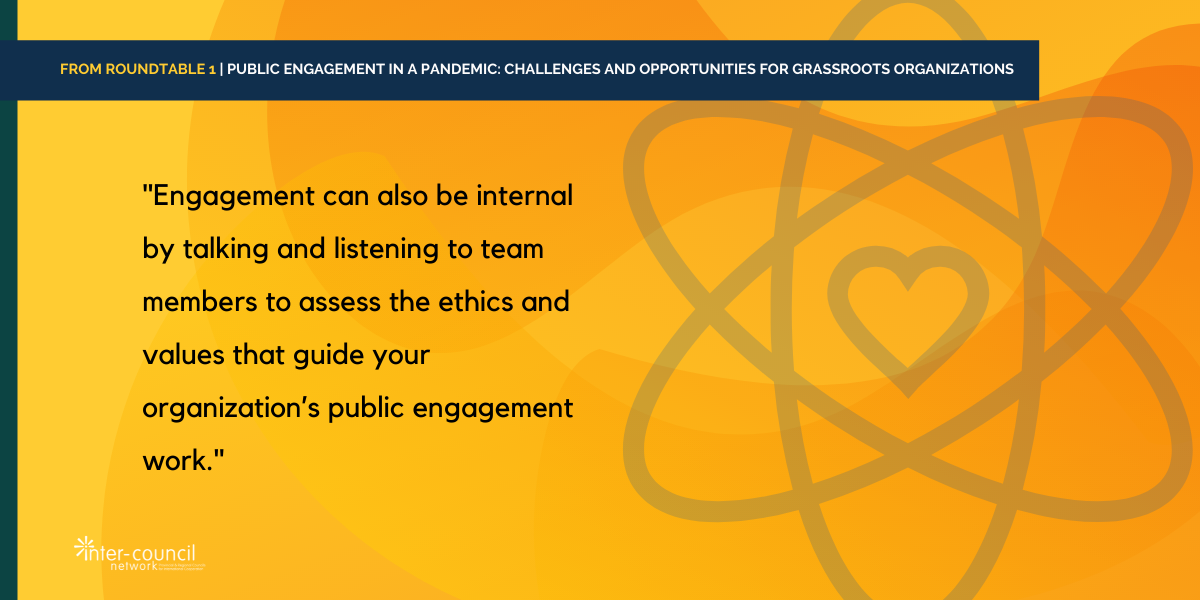
In this virtual roundtable series, the ICN focuses on the overarching theme of an inclusive public engagement for a just COVID-19 recovery process. The first roundtable session, which brings together women-led and/or grassroots organizations that work with women, focuses on the impacts of the pandemic on grassroots organizations and their public engagement work. Adapting to a changing context looks different for organizations depending on resources, expertise, infrastructure, and the partners involved. For grassroots organizations, this change may be more challenging. In this roundtable we reflect on these implications for grassroots organizations. Our aim is to highlight the unique experiences of grassroots organizations in this context, to learn from grassroots organizations and to understand how best to support grassroots organizations in their public engagement work.

Flora Trebi-Ollennu | President, Trebi Ollennu Foundation for Community Development (TKOFCD)
Flora Trebi Ollennu is the president of Trebi Ollennu Foundation for Community Development (TKOFCD). Flora studied Development Planning (BSc. Hons) as an undergraduate and received her Master of Arts in Geography at the University of Saskatchewan specialising in population studies. TKOFCD fosters the development of global citizenship through local and international initiatives focusing on wellness in community development initiatives with women and children as priority both in Canada and Ghana. TKOFCD also produces Twinfest, an annual schedule of workshops, celebration and a festival with the collaboration of various community organisations in Edmonton. Flora brings her passion and skills to all her endeavours to help carve a sustainable path for safe and healthy communities. Flora brings an international experience and perspective to development issues and community partnerships. She has worked with UNICEF and UNDP and the Ghana government on projects to bring meaningful social and economic change to various communities. Her work has involved community-based research, policy making, and community engagement. She also runs a publishing company Amerley Treb Books where they have partnered with non-profits like CODE in Canada and the International Book Bank in USA to ship books to developing countries to assist in the education of children.
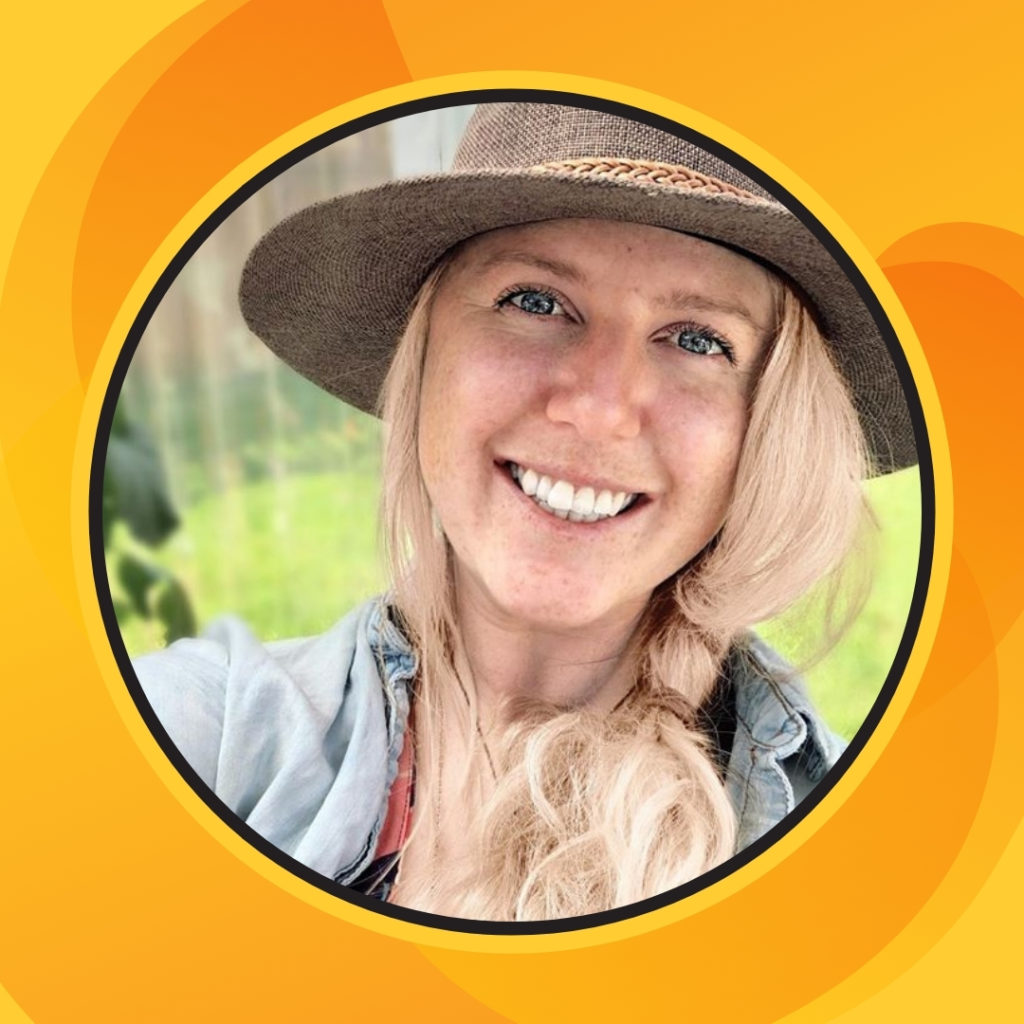
Genevieve Huneault | Founder and Principal Consultant, Social Root Consulting
Genevieve is the founder and Principal Consultant for Social Root Consulting. She is a regenerative tourism specialist with a long-standing commitment to social and environmental justice, with over 10 years of experience integrating sustainable systems with specialties in Indigenous tourism, gender & outdoor recreation, regional food systems management, and community-driven tourism development. Genevieve has worked closely with non-profit organizations, governments, entrepreneurs, innovators, and social enterprises across Canada and Internationally to integrate regenerative practices across their work. Genevieve sits on the Senior Advisor Board for RISE Travel Institute and served as an Executive Board member for the Young Professionals of the Alberni Valley for 2 years. Genevieve holds a Bachelor’s of Tourism Management from Vancouver Island University and a Master of Arts in Natural Resources and Environmental Studies from the University of Northern British Columbia.

Hailey Vidler | Engagement and Evaluation Lead, Engage Nova Scotia
Hailey is the Engagement and Evaluation Lead at Engage Nova Scotia. She has been with the organization since 2016, with a brief hiatus to complete a Master’s in Strategic Leadership towards Sustainability in Karlskrona, Sweden. After growing up in Ontario, Hailey fell head-over-heels for all things Miꞌkmaꞌki/Nova Scotia when she moved here a decade ago for her Undergraduate degree in Development Studies and Anthropology from StFX. Both her professional and personal life are rooted in the importance of relationships and deep listening – this guides Hailey’s approach to the Nova Scotia Quality of Life Initiative, coordinating Local Leadership Teams, designing and facilitating public engagements, and supporting a broad range of cross-sector collaborations. Outside of her work with Engage, she can be found socializing (safely), pursuing her creative ventures, and trying to give her house plants a fighting chance.

Ian Mangenga | Founder, Digital Girl Africa
Ian Mangenga is a South African social designer using tech, design, and culture to advocate for women’s access and inclusion in the digital economy. She is the founder of Digital Girl Africa, A women-focused digital hub that is widening women’s access to digital skills and opportunities in Africa. To date, they have trained 200+ women and girls in digital skills and counting. She is interested in how social systems and public processes are revealed in online and real-life public spaces and the very dynamic relationship between these two landscapes. She has been named one of the 200 most influential young South Africans in civil society 2020 by the Mail & Guardian and a Web Foundation Champion for 2021. When she is not studying towards her landscape architecture degree, Ian sits on various working groups and speaks at events promoting global gender equality.
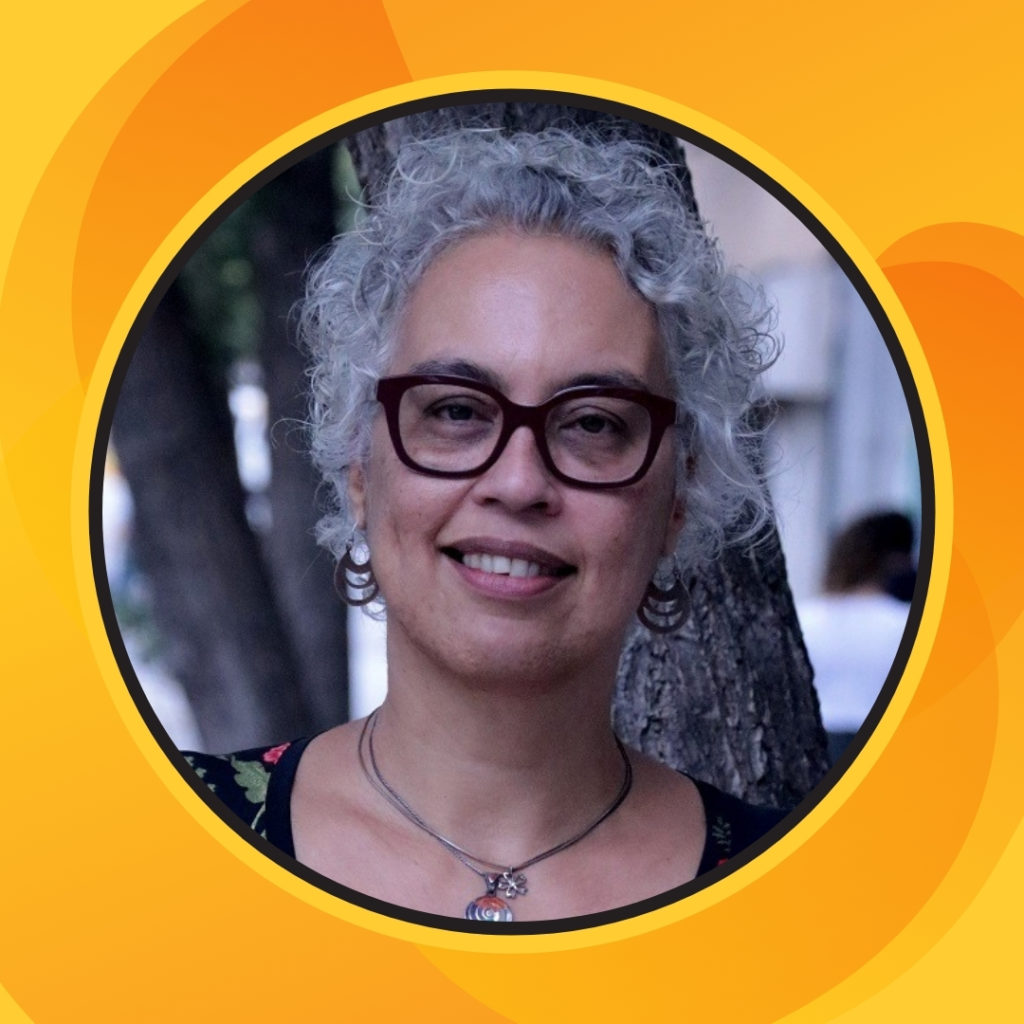
Miriam Nobre | SOF Sempreviva Organização Feminista
Miriam Nobre is an agronomist, with a Master’s Degree in Latin American Integration Studies – PROLAM-USP. She is part of the team of SOF Sempreviva Organização Feminista, an NGO based in São Paulo, Brazil, where she carries out training and research-action activities in agro-ecology, feminist economy and solidarity economy. At SOF she coordinates the team that works with the peasant women and quilombolas of the Vale do Ribeira and participates in the research team of the GenGibre project entitled “Relationship between nature and gender equality. A contribution to critical theory from feminist practices and mobilizations in agro-ecology in Brazil”. This project is coordinated by the IRD Institut de Recherche pour le Développement France. She was an activist of the World March of Women when the international secretariat coordinated activities between 2006 and 2013. She presently participates in the coordination of the Women’s Working Group of the National Articulation of Agro-ecology and the International Network of Researchers in Feminism and Agro-ecology.

Nohely Guzman | Co-founder, Jasy Renyhê
Nohely is a Bolivian feminist and anti-colonial student and organizer focused on the expansion of Chinese capital in the Amazon from an indigenous feminist geographical perspective. She is the co-founder of Jasy Renyhê, an ecofeminist organization based in La Paz, Bolivia. Nohely has a Master’s degree in Latin American Studies from the University of Texas at Austin and will begin her doctoral studies in Geography at the University of California Los Angeles this year. She is the author of the book “Chinese capitalism in the Amazon: Disposable bodies behind three infrastructure projects in Bolivia” (2018), and has been co-coordinating both medical and emotional emergency and first-aid support for Amazonian indigenous communities during the COVID-19 outbreak and its overlaps with the Amazon fires and floods.
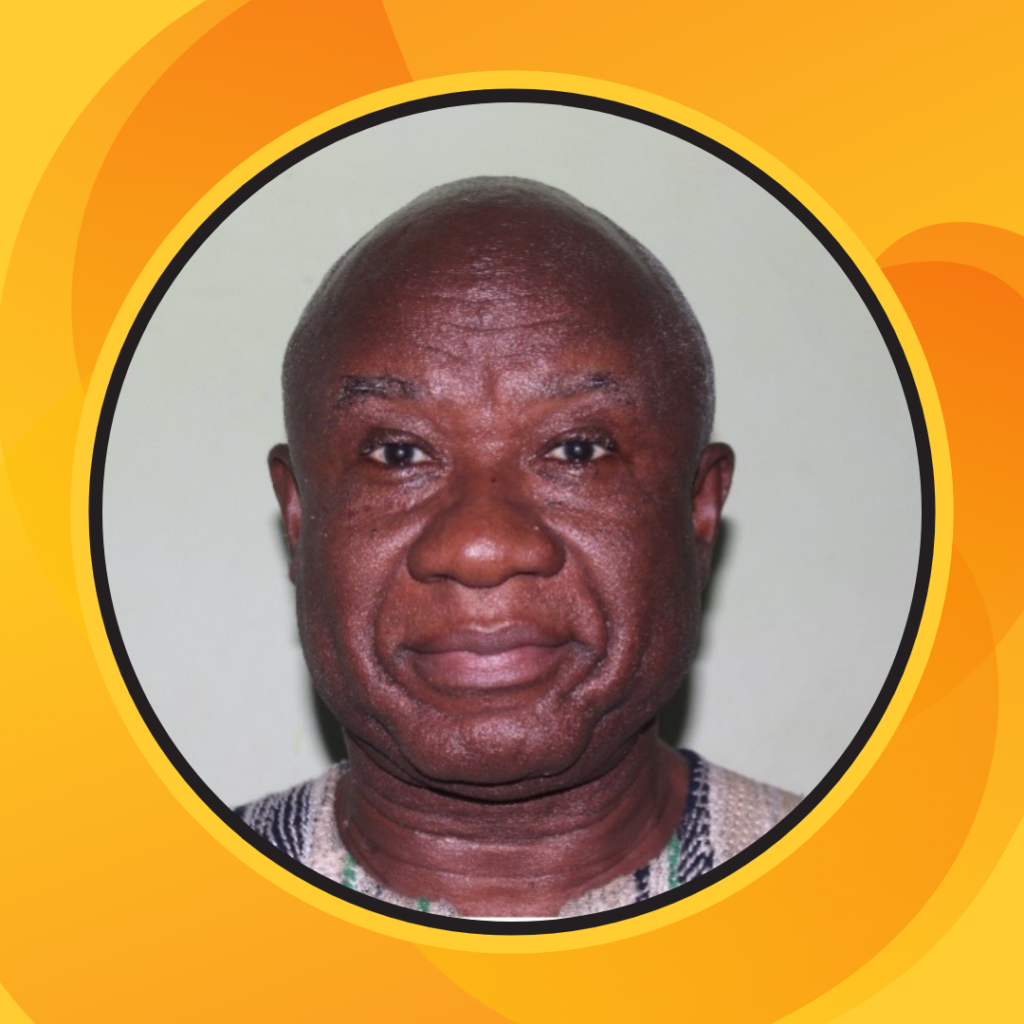
Prince Dela Boni | Founder, Development Compliments
Prince is the founder of Development Compliments, a nonprofit in Ghana, devoted to supporting health care institutions with proper management of health records to improve continuity of care. Prince studied Development Planning at the Kwame Nkrumah University of Science and Technology in Kumasi, Ghana. He received a Masters in Analysis, Design and Management of Information Systems from the London School of Economics and Political Science and a certificate in Project Appraisal and Risk Management from the Sanford Institute of Public Policy, Duke University. To date, Development Compliments have supported and trained over ten health care institutions in Ghana to install proper management health records which has markedly improved the quality of their services. Development Compliments are the local partners of the Trebi Kuma Ollennu Foundation for Community Development in Ghana. We are currently partnering on a sanitation and health project to be piloted in smaller municipalities. Socio-economic benefits associated with improved sanitation services are tremendous and empower women to make strategic choices in terms of rights to assets and services, leading to better education and a healthier and productive population and improved social capital. Prince is also the CEO of a document management company, Tabs Consults Ltd, a records management consultancy.
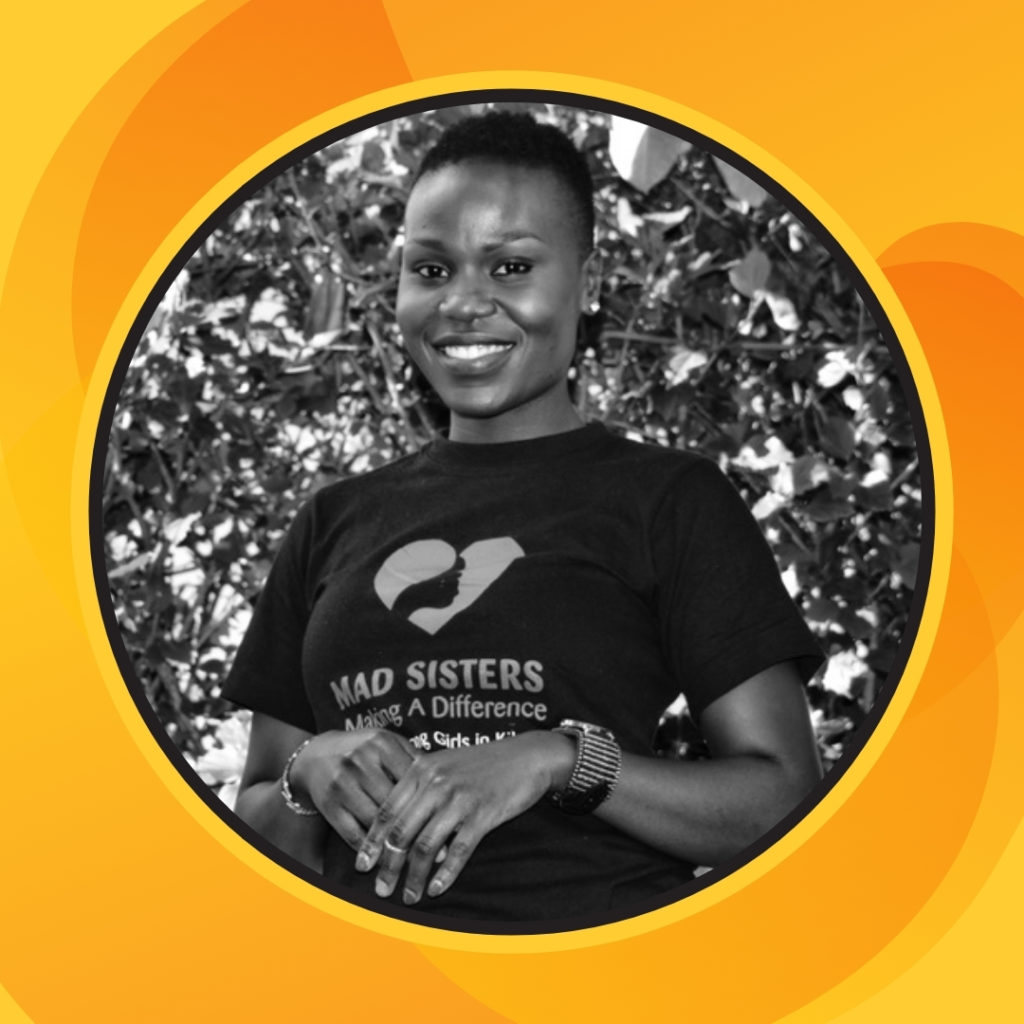
Valerie Kwena | Co-founder, Making A Difference Sisters
Valerie Kwena is dedicated to accelerating progress towards gender equality. Valerie is passionate about working with girls and women focusing on the need for supportive and comprehensive programs to address their immediate and long-term safety, dignity, and human development. Valerie is a co-founder of Making A Difference Sisters, a community-based organization whose work focuses on the well-being of girls and women in the community.
Spotlighting Grassroot Organizations
Trebi Ollennu Foundation for Community Development (TKOFCD)
TKOFCD is committed to pursuing structural changes in development processes to build safe and healthy communities guided by biblical principles. Our mission is to empower people to exercise their humanity, build civic discourse, and engage their creative potential by connecting them to resources for development to build healthy and safe communities. We work with communities in Ghana and Canada. Some of our current projects focus on health and sanitation, maternal and child health, mental health and wellbeing, community and traditional leadership, and education.
Jasy Renyhê
Jasy Renyhê, full moon in guaraní, is an ecofeminist organization based in La Paz, Bolivia. The work of this young feminist organization combines art and research to explore the intersections between gender, nature, race, age, and ethnicity. Among its most outstanding work is the research on the impacts of Chinese capital’s presence in the Bolivian Amazon through infrastructure projects. As part of the organization’s most recent research and interventions in the field is the exhibition of the body-territory drawn maps made by the girls of 10 indigenous communities of the Amazonian region in an art gallery in La Paz. At the time of writing this text, Jasy Renyhê’s team is presenting its most recent research and compilation on the experiences of indigenous and peasant women in the Bolivian Chiquitania in the face of the Amazon Forest fires in 2019, 2020, and 2021. Currently, amidst the difficulties brought on by the pandemic, Jasy Renyhê’s team is supporting the indigenous communities in Beni, Bolivia with donations of medicine and primary care supplies as they find ways to support their communities in La Paz as well.
Making A Difference Sisters
Making A Difference (MAD) Sisters is a 100% female-led community-based organization in Kibera, Kenya. Our work focuses on the need for girls and women to have supportive and comprehensive programs to address their immediate and long-term safety, dignity and human development. We envision a community of enlightened girls and women. One of our programs focuses on economic empowerment where we run the TUJIWEZESHE (Lets empower ourselves) Project. With this project we aim to provide economic empowerment and advancement for women, by ensuring that women not only have the information but also the skills and tools to help them curb the economic challenges that they face and to help end a continued cycle of dependency that may leave them vulnerable.
